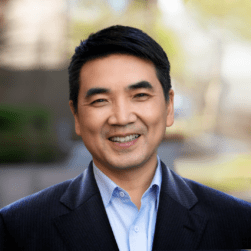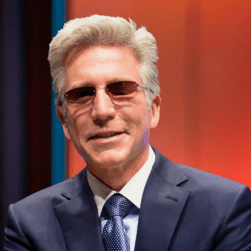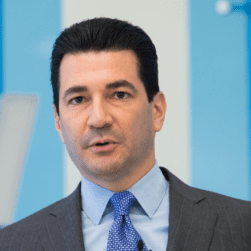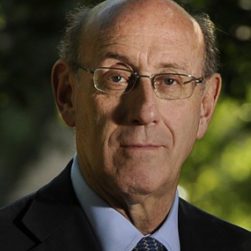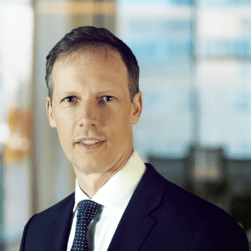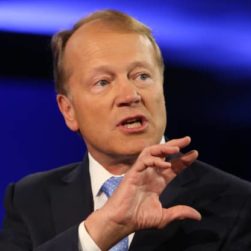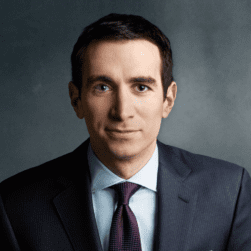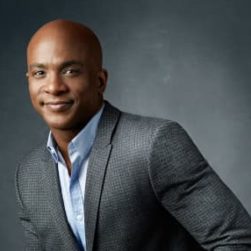

TEC Member Town Hall
Host
Julia Boorstin, CNBC Senior Media & Technology Correspondent, Jon Fortt, CNBC "TechCheck" Co-Anchor
Speakers
Caryn Seidman-Becker, CLEAR Co-Founder, Chairman & CEO
"Tiger" Tyagarajan, Genpact CEO
Sanjay Srivastava, Genpact CDO
TEC Member Town Hall
A conversation focusing on the technological breakthroughs that resulted from the pandemic, specifically with vaccine distribution and the ability to track digital health data. Members also examined the relationship between a company's CEO and CIO in addressing improvements in technology to maintain and balance hybrid work in the post-pandemic period.
Key Points
- According to Tyagarajan, CEO of Genpact and TEC member: "COVID-19 is not only a health problem but also a communication problem. One asymptomatic person can lead to a rapid spread of the virus, and this can be solved with rapid testing."
- Despite the efficiency and convenience of digital communication, solely interacting virtually can make it more difficult to empathize with coworkers.
- Working in the office should have an incentivizing factor that employees cannot replicate with remote work.
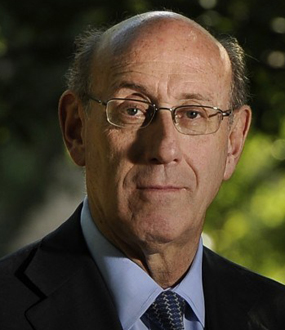

WEC Member Forum
Host
Sharon Epperson CNBC Senior Personal Finance Correspondent, Tyler Mathisen Co-anchor of "Power Lunch" & Events Strategy Vice President, Andrew Ross Sorkin Co-anchor of “Squawk Box”
Speakers
Ken Feinberg, Kenneth R. Feinberg Law Offices
Tsedal Neeley, Harvard Business School, Naylor
Mary-Frances Winters, The Winters Group, Founder & CEO
WEC Member Forum
A discussion on mediating the workplace's most polarizing issues at the moment, including balancing hybrid work, encouraging diversity and inclusion in the C-suite, and political division.
Key Points
- There is robust evidence that the most productive workers can work from anywhere rather than just work from home. They are typically more satisfied and appreciate their autonomy.
- Hyperproductivity and micromanagers negatively affect an individual's productivity.
- Create a "brave space" to be vulnerable with coworkers and become more educated on topics such as race, gender, sexuality, and many other factors
- There will be equality once we can no longer predict workplace outcomes based on someone's identity.
- Executives must maintain full transparency with workers and allow them to have some degree of influence in a decision that affects them.


TEC Member Town Hall
Host
Deirdre Bosa, CNBC Technology Reporter Eamon Javers CNBC Washington Reporter
Speakers
Jim Breyer, Breyer Capital Founder & CEO
John Chambers, JC2 Ventures CEO and Cisco Systems Chairman Emeritus
Yvette Diane Clarke, U.S. Representative (NY)
TEC Member Town Hall
Following the SolarWinds hack, we discuss the meaning of cybersecurity and whether it should be publicly disclosed when companies are breached. The future of technological advancement also brings China into the conversation regarding rapid tech innovation as well as how the United States must keep up.
Key Points
- When companies have been breached, the need for public disclosure comes with security issues. Companies should carefully select who they are disclosing to and what the disclosure is.
- China is currently in the lead for technological innovation, however the gap between China and the United States is shrinking.
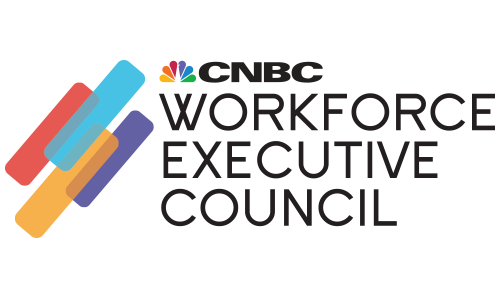

WEC Member Town Hall
Host
Jen Geller, CNBC Senior Councils Editor
Speakers
WEC Member Town Hall
Open discussion on the issues most important to council members.
Key Points
- Everyone is working harder and smarter than ever before, making burnout a major concern for most organizations.
- Workforce restructuring, working with those who remain, and integrating new employees in the virtual space are also challenging for organizations.
- Guidance on mandating vaccines is a concern for employers considering HIPAA laws, state laws, return statuses, many other factors.
- A consideration employers can make is to provide documentation to essential employees that helps them receive their vaccine smoothly. This includes incentives such as donations.
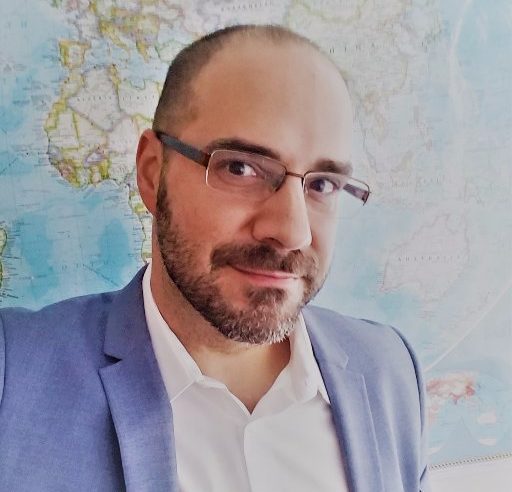
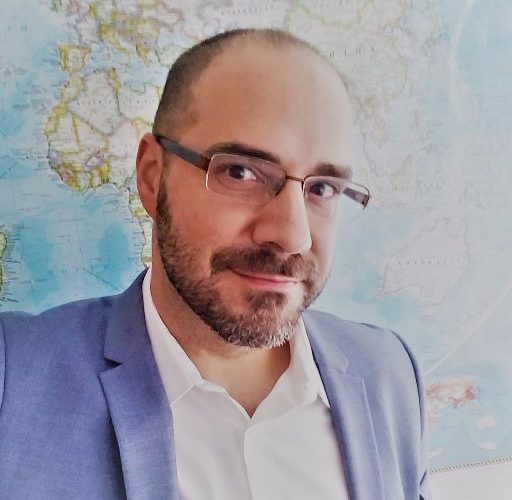
Facts, Vax and Masks
Host
Sharon Epperson, Senior Personal Finance Correspondent, CNBC
Speakers
Josh Michaud, The Henry J. Kaiser Family Foundation Associate Director for Global Health Policy
Dr. Guarav Suri, San Franciso State University Assistant Professor of Psychology
Facts, Vax and Masks
How to create an atmosphere of trust, transparency and safety for the next phase of the pandemic.
Key Points
- Every state is facing the challenge of identifying vaccination plans. Each state will prioritize differently.
- The challenges the workforce is facing in setting policies around vaccines are meeting the demand. Until there is a supply there are slim chances for organizations to place mandates.
- According to Josh Michaud, "getting the workforce psychologically ready or providing the information that they need to be assured that these vaccines are safe and effective, and it might be a good idea to get these vaccines may be an important role to play here."
- Increase in confidence, increase in vaccination.


1st Annual WEC Member Summit
Speakers
Jewel, Singer-Songwriter
Erika H. James, The Wharton School of the University of Pennsylvania Dean
Dan Schulman, PayPal President and CEO
Louise Pentland, PayPal Chief Business Affairs & Legal Officer and WEC Member
Dr. Scott Gottlieb, Former FDA Commissioner & CNBC Contributor
1st Annual WEC Member Summit
The headlines on how global and national events impact how we work now and going forward.
Key Points
- "It is important for every leader to create an environment and a culture where people are actually comfortable talking about difference," says Erika H. James, Dean of The Wharton School, when asked how companies can get diversity, equity and inclusion right.
- Every remote work model won't compute for some industries or job functions that can’t operate in a permanent, asynchronous, radically transparent environment, but there are ways to meet the obstacle of adjusting to it.
- Gottlieb lists establishing a lab, routinely testing employees, quick turnaround on testing, including symptomatic screening and contact tracing as elements of effective testing practices. This model helps notify community spread.
- Communicating to employees how operations would work in an emergency and the need and execution for safety practices became a best practice for companies like Quest Diagnostics.
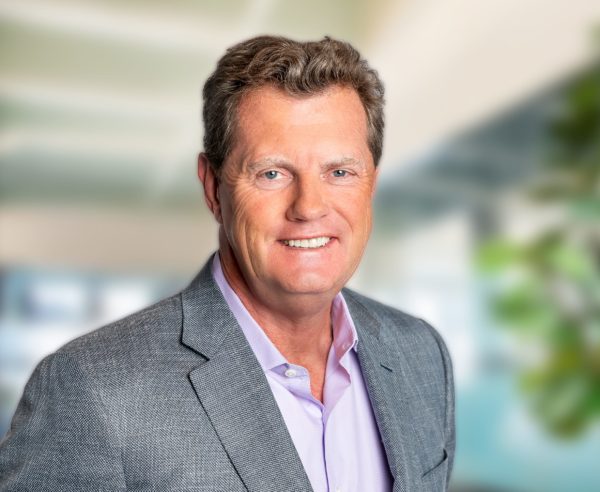
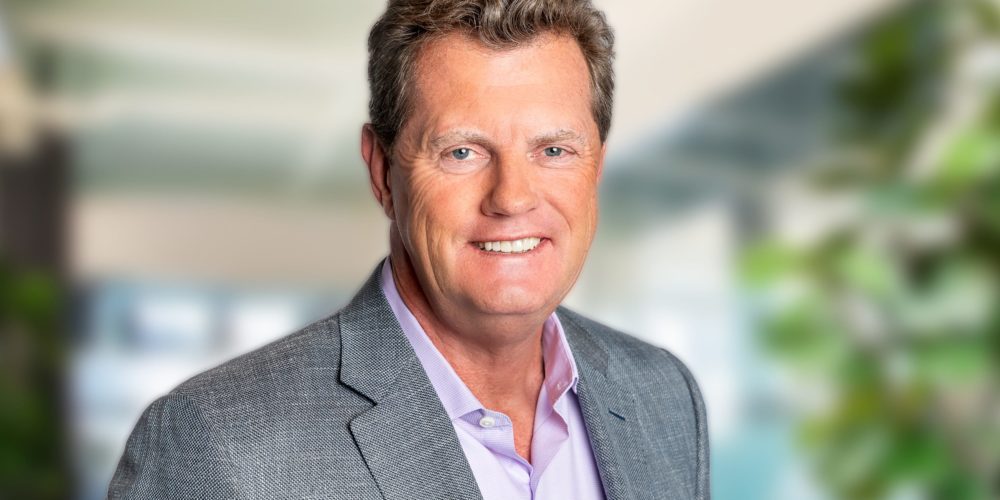
2nd Annual TEC Summit
Host
Deirdre Bosa, CNBC Technology Reporter, Jon Fortt, CNBC "TechCheck" Co-Anchor
Speakers
Frank Slootman, Snowflake Chairman & CEO
Tom Leighton, Akamai Technologies CEO & Co-Founder
Alex Stamos, Facebook Former Chief Security Officer at Facebook
Michael Ellison, CodePath.org Co-Founder & CEO
Alexis Wichowski, New York City Deputy CTO of Innovation
2nd Annual TEC Summit
Digital transformation spurred by the global pandemic has had and will continue to have big implications across all aspects of society; summit sessions to cover the pandemic’s impact on: Government & Democracy, Economy, Public Health, Work, & Social Justice.
Key Points
- The pandemic created a need for companies to adapt to a new environment in record time, testing the limits of artificial intelligence, machine learning, cutting-edge computing and other emerging technologies.
- Prior to Covid 19, telemedicine had already become a resource accessed by early adopters. Now, it's become a key resource for providing service to patients and will continue to grow in importance and impact.
- The 2020 elections unveiled the "war on misinformation," while solutions emerged to protect against potential threats such as bots, hackers, foreign actors, and the spread of false information.
- Technology’s role in the new future of retail and the consumer experience has influenced new safety protocols.
- From closing the education gap to addressing socioeconomic disparities, tech firms big and small have made some loud promises. Now the task that must be faced is making good on those promises to become a leading force for social justice action.



